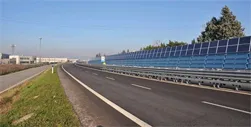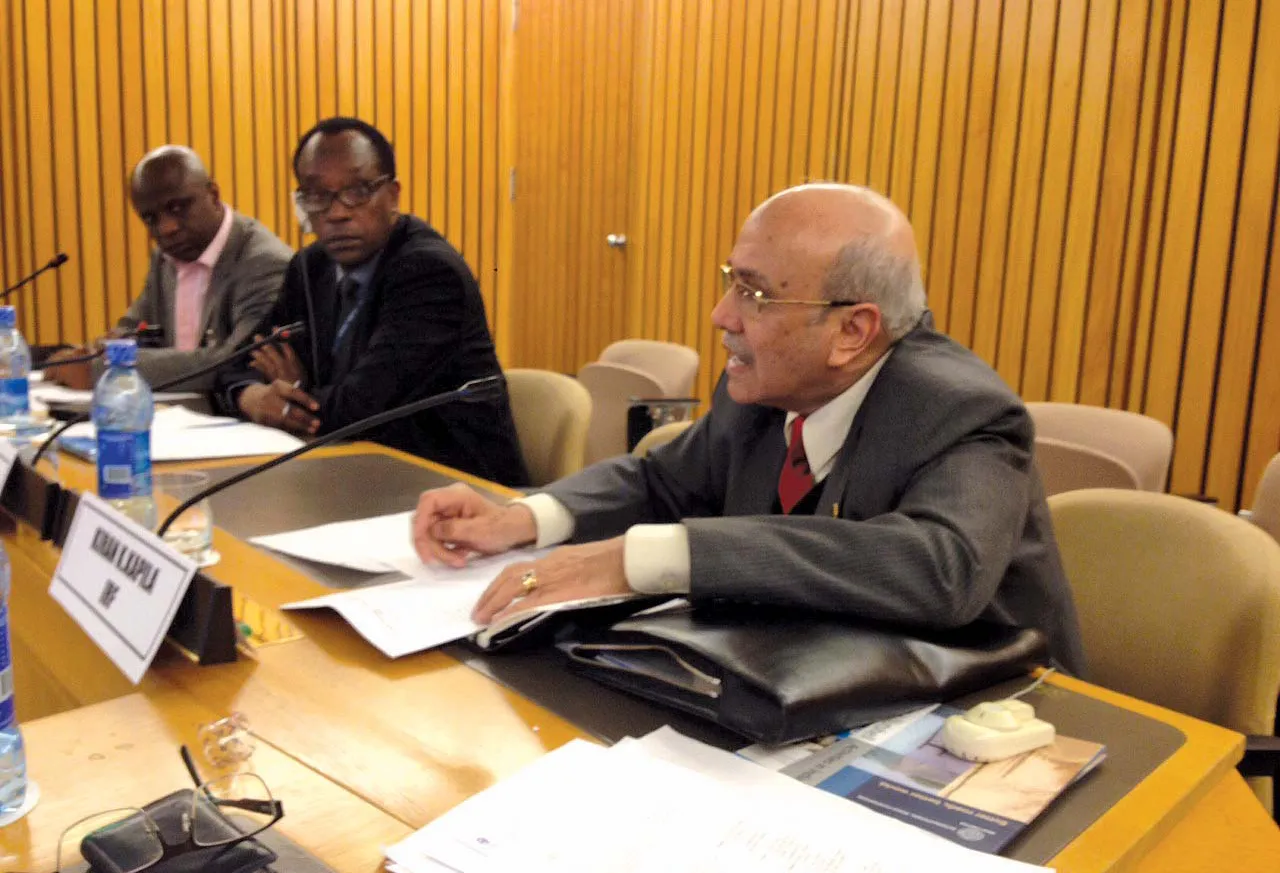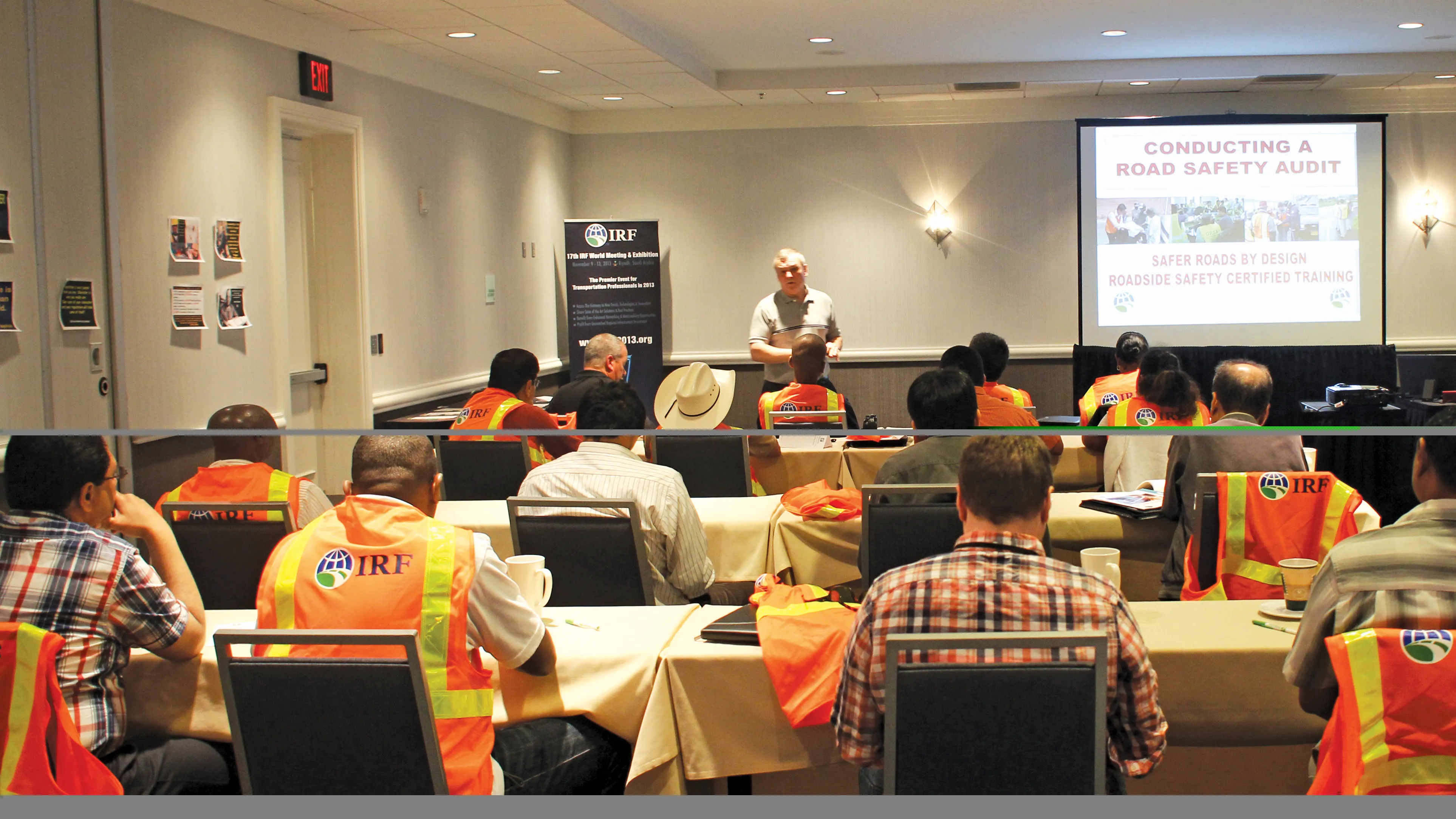IRF Geneva is undertaking a study on behalf of the Standing Committee for Economic and Commercial Cooperation (COMCEC), to review the practices in the Organisation of Islamic Cooperation (OIC) member states with regards to road maintenance.
Roads are an important public asset. Improving the road network can bring about immediate and large benefits by providing better access to hospitals, schools, and markets; improved comfort, speed, and safety; and lower vehicle operating costs.
March 31, 2016
Read time: 2 mins

Roads are an important public asset. Improving the road network can bring about immediate and large benefits by providing better access to hospitals, schools, and markets; improved comfort, speed, and safety; and lower vehicle operating costs. However, sustaining these benefits over time requires the road network to be maintained. Without periodic maintenance roads can quickly deteriorate, inhibiting the realisation of the long-term development impacts of building roads.
Delayed maintenance, and the resulting poor state of repair, makes roads more difficult to use. This results in increased vehicle operating costs (more frequent repairs, more fuel use) and reluctance by transport operators to use the roads. This in turn reduces the benefits of providing more access to jobs, hospitals, schools, and an overall loss of economic and social development opportunities.
Properly maintaining a road network requires regular and appropriate maintenance works. Delaying such maintenance erodes the value of this important public asset and results in unnecessarily large costs at some later time. If maintenance is not carried out in a timely manner, entire road sections may fail completely, requiring full reconstruction at a much higher cost that the cost of preventive maintenance. Various studies have estimated that delaying maintenance can cost up to six to 18 times, depending on how long the maintenance is delayed, of what it would cost if maintenance was carried out in a timely manner.
The International Road Federation, Geneva is undertaking a study on behalf of the Standing Committee for Economic and Commercial Cooperation (COMCEC), to review the practices in OIC member states with regards to road maintenance. The objective of this study is to make recommendations that will help OIC member states to better maintain their road networks, and more fully exploit the benefits that accrue from well-maintained road networks, while minimising the costs of doing so. The final results of the study will be presented on 24 March 2016 at the meeting of the Transport Ministers of the OIC.









